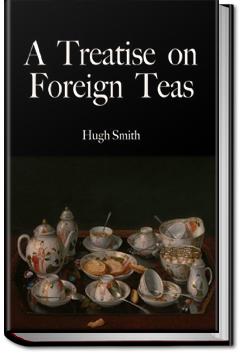UNLIMITED Audiobooks and eBooks
Over 40,000 books & works on all major devices
Get ALL YOU CAN for FREE for 30 days!
A Treatise on Foreign Teas
Hugh Smith
Book Overview:
What would England be without tea? It is difficult to imagine, but there was a time in which tea was not quite as ubiquitous in Europe as it is today. This 1780 treatise contains some interesting observations on how tea was prepared at the time, and what the benefits of tea were described to be.
What would England be without tea? It is difficult to imagine, but there was a time in which tea was not quite as ubiquitous in Europe as it is today. This 1780 treatise contains some interesting observations on how tea was prepared at the time, and what the benefits of tea were described to be.
How does All You Can Books work?
All You Can Books gives you UNLIMITED access to over 40,000 Audiobooks, eBooks, and Foreign Language courses. Download as many audiobooks, ebooks, language audio courses, and language e-workbooks as you want during the FREE trial and it's all yours to keep even if you cancel during the FREE trial. The service works on any major device including computers, smartphones, music players, e-readers, and tablets. You can try the service for FREE for 30 days then it's just $19.99 per month after that. So for the price everyone else charges for just 1 book, we offer you UNLIMITED audio books, e-books and language courses to download and enjoy as you please. No restrictions.
Try now for FREE!

"Love your service - thanks so much for what you do!"
- Customer Cathryn Mazer
"I did not realize that you would have so many audio books I would enjoy"
- Customer Sharon Morrison
"For all my fellow Audio Book & E-Book regulars:
This is about as close to nirvana as I have found!"
- Twitter post from @bobbyekat


